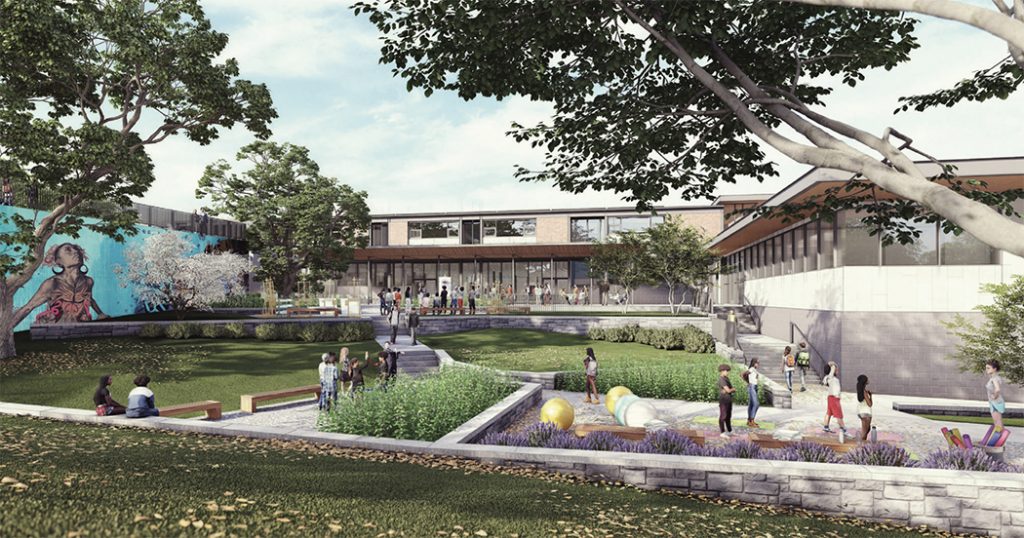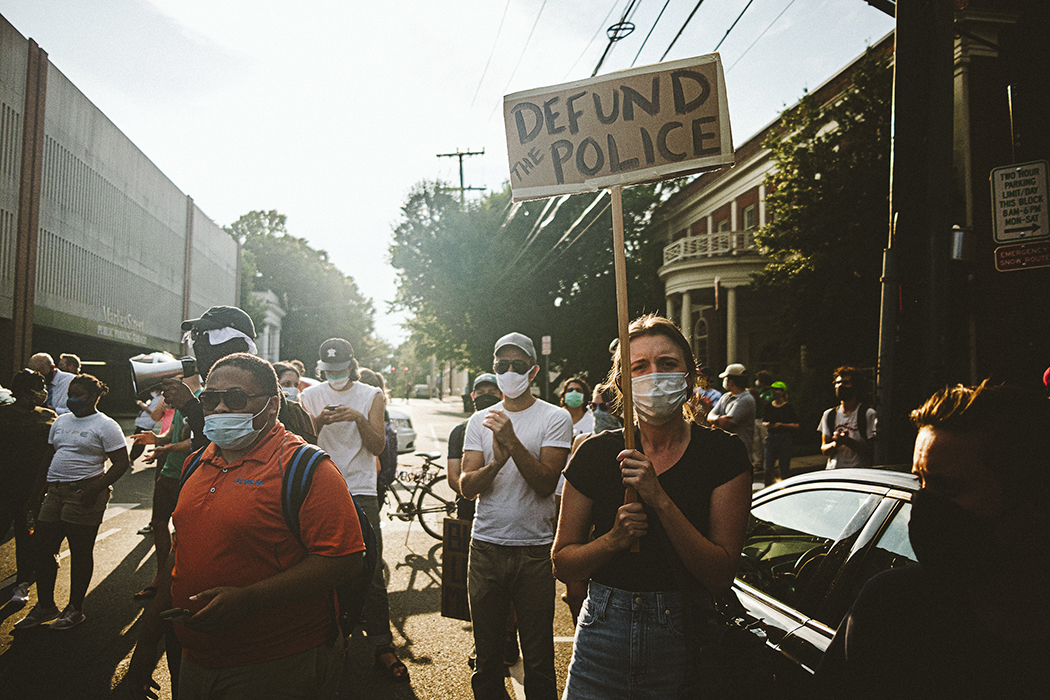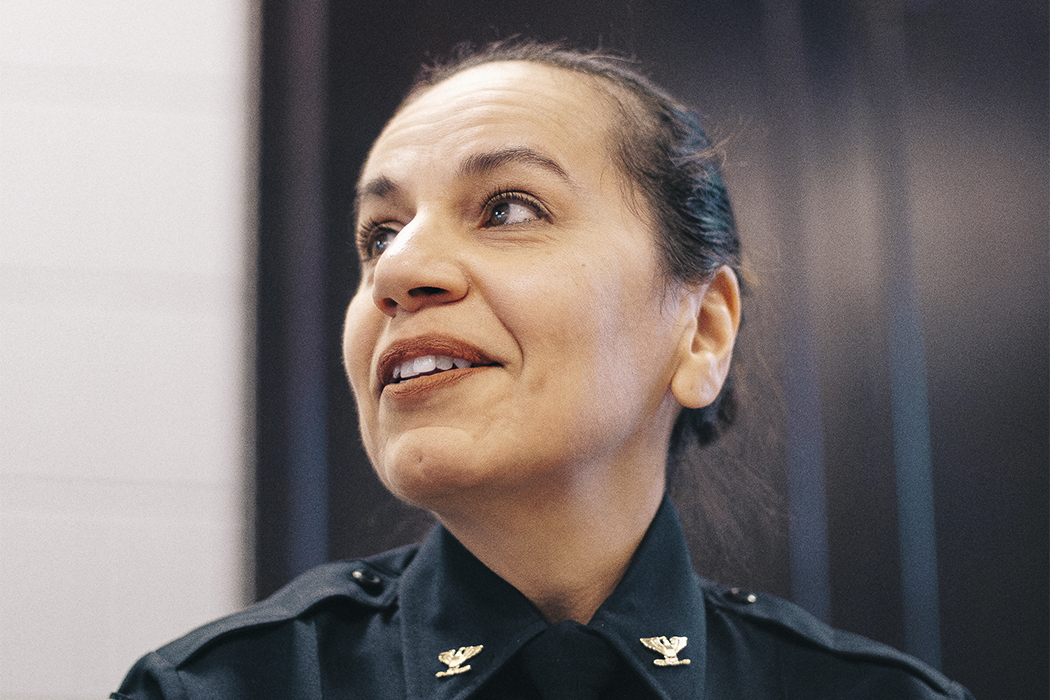By Kristin O’Donoghue
UVA’s police force has beefed up its presence on the Corner. The establishment of a new unit—the Community Oriented Policing Squad, COPS for short—comes after a year in which violent incidents around the university have increased.
Four COPS officers will patrol the Corner and surrounding areas between the hours of 7pm and 3am every Thursday through Saturday.
The goal of COPS is to create a “sustained police presence in those neighborhoods where students live, gather, and integrate into the community,” according to a news release.
The expanded police presence comes at a time when UVA students are advocating, in a variety of ways, for fewer police on and around Grounds.
In its 2020 annual report, the Charlottesville Police Department reported 292 calls for reports of shots fired, 42 percent higher than the year before and 37 percent more than 2018. Since the start of the academic year, nine community alerts have been sent out to students, alerting them of violent incidents in the area, including shots fired, aggravated assault, and prowling.
The most recent incident occurred on September 27, when a student reported that she was being followed on 14th Street NW. On September 3, a student was struck by a bullet fired inside the popular student bar Boylan Heights.
“While no amount of policing or other resources will prevent every criminal act, we will continue to work as hard as we can to keep our community safe,” UVA President Jim Ryan said in a message to the student body following the incident at Boylan.
In an email sent on Thursday, September 16, UVA administrators Robyn S. Hadley and Julie I. Caruccio noted the uptick in violence, and encouraged students to take steps to keep themselves and others safe, including calling a safe ride, calling 911 when something seems “off,” and making plans for getting home before leaving for a night out.
Meanwhile, C-VILLE reported last week on the school’s Young Democratic Socialists of America request that UPD stay away from the Multicultural Student Center. “We have an abolitionist mindset,” said YDSA Chair Sarandon Elliott.
It’s not just activists calling for change: In its most recent budget, the UVA Student Council approved funding for a new program called University Networks of Care, a police-free crisis intervention program designed to remove UPD officers from non-violent interventions, and instead dispatch counselors and medics.
UPD’s Crime Prevention Coordinator Ben Rexrode hopes the COPS initiative will reduce violence by “building stronger relationships with the people who live, work, and visit these areas.”
COPS will patrol the UVA Corner, Rugby Road, 14th Street, Madison Avenue, 10th Street, Wertland Street, and portions of Preston Avenue.
Rexrode thinks the initiative will be successful, despite how the students might feel about it.
“I am not anticipating, nor would I expect, any adverse outcomes from our efforts,” he says.




